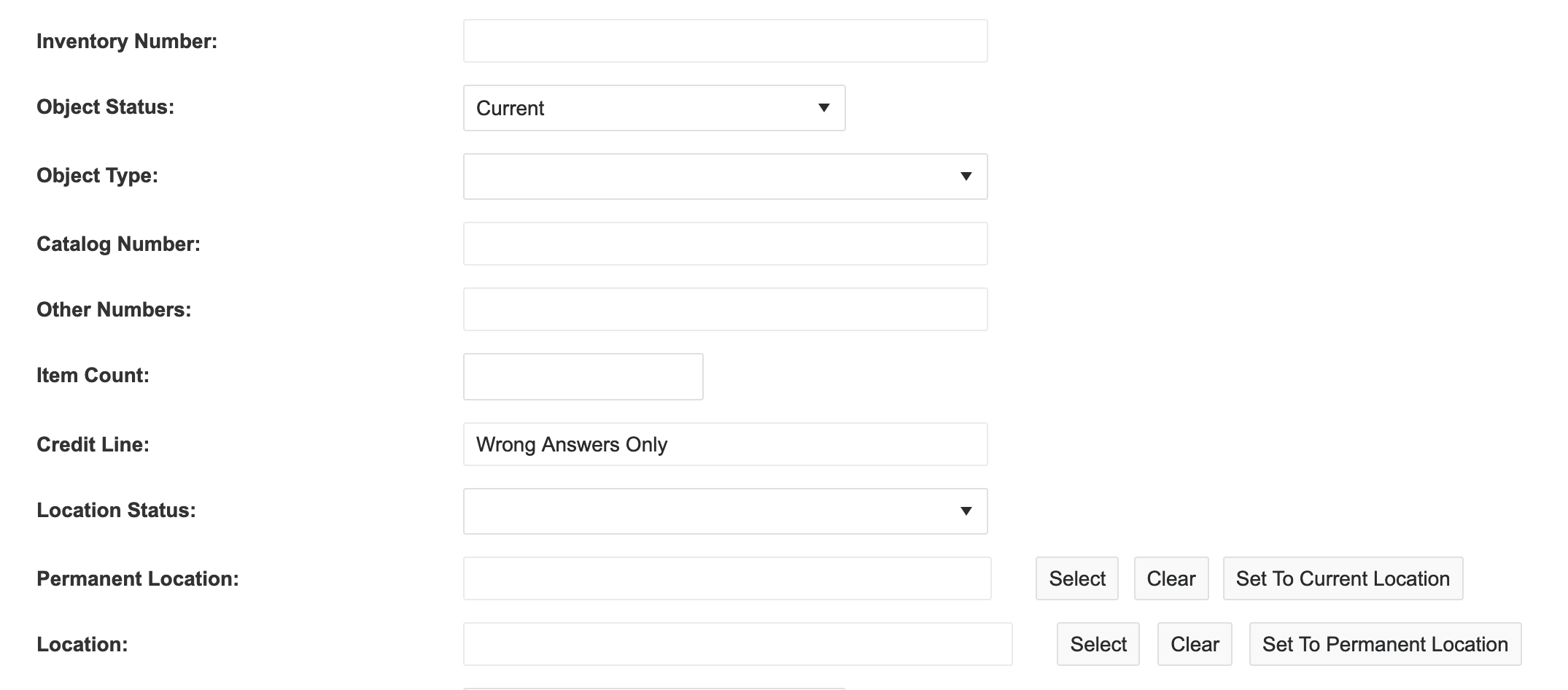Lastly, the biggest reason that sea freight will most likely not have a major impact on emissions in our sector is due to the lack of any real incentives besides “doing the right thing”. It costs about the same. It takes longer. It places more of a burden on staff. Why do it unless you have no other choice? One must have a true incentive, usually financial, to make a big impact.
Let's Talk About FedEx, Baby
Of course, we never want to subject high-value objects to the rigors of apathetic handling by FedEx, DHL, UPS, etc. but we can find ourselves cornered by lack of availability of options due to time sensitivity or geography or any number of reasons that eliminate a traditional art shipper as an option. Galleries and other smaller institutions may also do so for budgetary reasons or, frankly, because it more efficiently gets the job done and distributes its wares to every nook and cranny of the globe.
In the Air: April 2023
Bear Your Teeth
A little over a week ago, I attended a prescient event in New York hosted by the Responsible Art Market Initiative which presented panels on two of the major topics of our time: NFTs and Sustainability in the stark white, overhung walls of the below ground Phillips auction house building on Park Avenue.
Data De/Regeneration
“Normal” is not a Target
We manage collections of cultural patrimony (art included) in deep, inefficient ruts left by the ox carts of previous generations. At that time, it made certain sense, but all things must occasionally evolve away from gills and grow feet. Failure to evolve in general (but especially now), when the industry bleeds out funds to pandemic recovery, will only further pump the brakes on returning to “normalcy”. “Now” is “normal”.
If Sea Freight is the Answer, What is the Question?
The logic of the argument focuses on carbon emissions where air freight vastly out-pollutes sea freight. While I fully side with the GCC’s goals and intent, sea freight hardly qualifies as clean as it emits other noxious bi-products including CO2 by fueling the tens of thousands of ocean vessels with fossil fuels.








